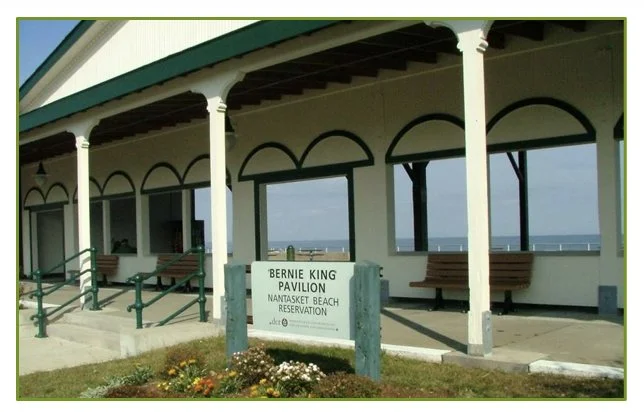Life-saving equipment installed at playing fields to help users in case of a medical emergency
/By Carol Britton Meyer
A cooperative effort among town departments has resulted in the installation of potential life-saving equipment at several of Hull’s playing fields, basketball courts, and the high school walking track.
Automated External Defibrillators are now available at the Kenberma pickleball and basketball courts/playground, the L Street fields, and the high school turf field and walking track to provide emergency medical assistance at these widely-used locations.
A fourth AED will be installed soon at the Dust Bowl field at Pemberton. Signage has been ordered and will be placed at all the sites, with arrows pointing to the AEDs, which will be clearly marked.
AEDs are life-saving devices designed to treat individuals who experience sudden cardiac arrest, a medical condition in which the heart stops beating suddenly and unexpectedly.
The combination of CPR and early defibrillation is considered to be effective in saving lives when used in the first few minutes following a collapse from sudden cardiac arrest.
Installation of the AEDs is the result of a partnership among Hull High School athletic trainer Lexie Watkins, Superintendent of Schools Judith Kuehn, and School Business Administrator Diane Saniuk, Greg Grey and other members of the Parks and Recreation Commission, and the fire department, working with Chief Chris Russo.
“This was truly a group effort,” Watkins told The Hull Times. “Hull Public Schools split the cost with Parks and Recreation, and Hull Fire provided and mounted the cabinets for the AEDs.”
Watkins explained that after noticing that coaches don’t normally have access to the AEDs inside the high school on the weekends, she brought the issue to the attention of school administration.
“It seemed like a good idea to have an AED on site, because the field and walking track are used by student-athletes, community members of all ages, and sports groups who rent the field,” she said. “I took a look around and learned that most communities have AEDs at their athletic facilities. Given how widely used the high school field [and these other recreational areas are], installing AEDs made a lot of sense. They’re easy to use, and you can’t hurt anybody when using an AED while waiting for emergency personnel to arrive. That extra time saved means a lot when someone is unconscious.”
After reaching out to Kuehn and Saniuk and gaining their support, Watkins approached Russo, who connected her with Grey.
“Park and Rec [members] felt it was important to have AEDs at the L street facility and Kenberma Field especially since we added the pickleball courts,” Grey said. “Athletic Director Connor Duhaime was also at our meeting and knew there was a need for one at the high school, so we reached out to Chris Russo for guidance, and he jumped right in and followed it through – procuring the AEDs and having his department install them. This was a great effort by all.”
Kuehn called this “an important project because this small device plays an important role in saving the life of someone who is in cardiac arrest.”
The AED device walks the user through what to do in the event of a cardiac emergency. With more AEDs available, “a life may possibly be saved,” Kuehn said. “This is absolutely a team effort and another example of a partnership between groups in the community.”
At the end of the playing season, Watkins will collect the AEDs and bring them to the Fire Department for storage until the spring. The company that provided the devices maintains them.
“It’s really nice when people from different town departments work together and get things done,” she said, expressing gratitude to everyone involved. “It was quick action on everyone’s part in recognizing the need. The process started last winter, and we ordered the AEDs this past spring and then installed them for the benefit of everyone.”


![Automated External Defibrillators [AEDs] have been installed at outdoor locations around town, including Finlayson Field at the high school, the Kenberma pickleball courts [shown], and the L Street fields. [Courtesy photo]](https://images.squarespace-cdn.com/content/v1/569819749cadb6a9d703a5b8/1688092549727-2MJDKIRNQV6KO86QQIGO/image2.jpeg)
![Automated External Defibrillators [AEDs] have been installed at outdoor locations around town, including Finlayson Field at the high school, the Kenberma pickleball courts, and the L Street fields, shown here. [Courtesy photo]](https://images.squarespace-cdn.com/content/v1/569819749cadb6a9d703a5b8/1688092549729-0MUDFQ16OYQR2NT67KHW/image1.jpeg)




















